
The Common Agricultural Policy
The Common Agricultural Policy (CAP) of the European Union is the first community policy of the union and is being funded by almost half of the European budget. This is why the reform of this policy, especially in the context of the negotiations on the multiannual financial framework (MFF) for the period 2014-2020, is a long and very controversial process. In this subject euinside will follow the developments of this process and will present as much as possible view points and the interests of some member states.
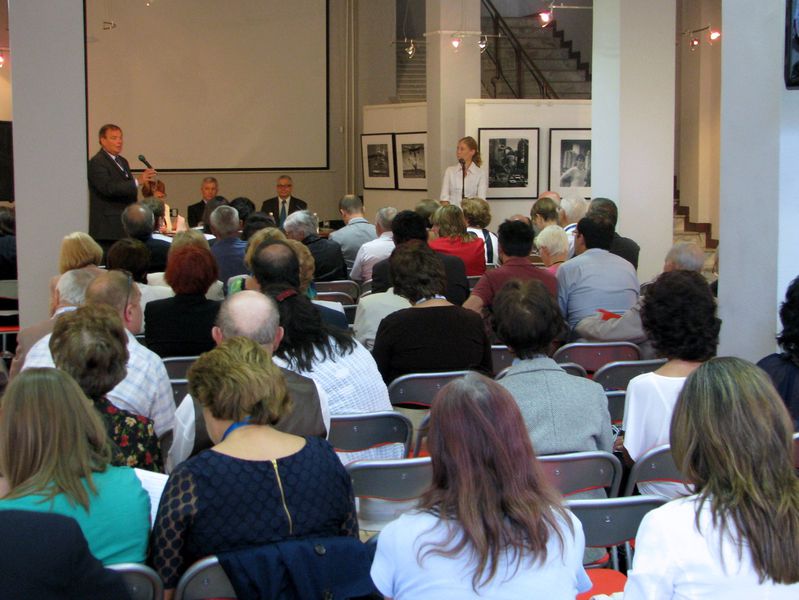 | © Polish Embassy in Sofia
| © Polish Embassy in SofiaProfessor Kowalski: CAP Should Be Adapted to National Goals
The reform of the Common Agriculture Policy (CAP) will be assessed in a different way by all affected by it directly or indirectly. It will be assessed in one way by those who expect the CAP to improve competitiveness, in another way by those who expect support for environment protection and in ...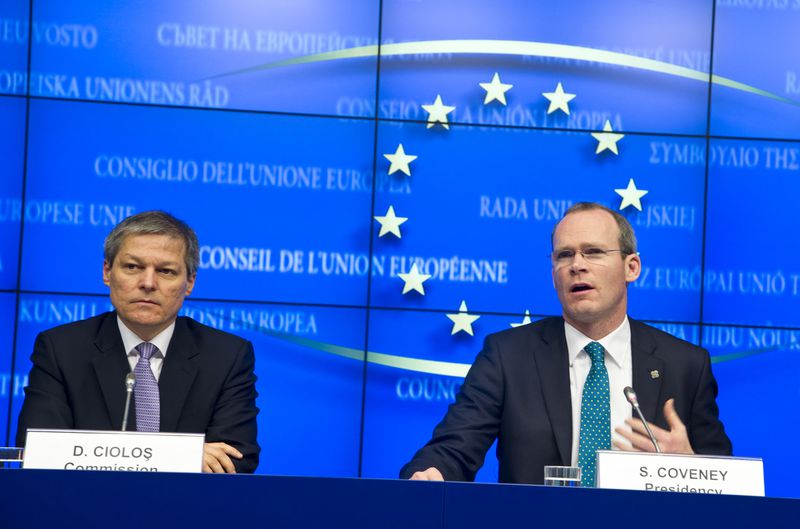 | © Council of the EU
| © Council of the EUTransparency for a Hundred or Five Thousand Euros?
Transparency in payment of farming subsidies has been debated for years at various levels and specialised non-governmental organisations have been calling for full transparency of the information who receives subsidies, how much and why from the two agricultural funds. The Common Agricultural P ...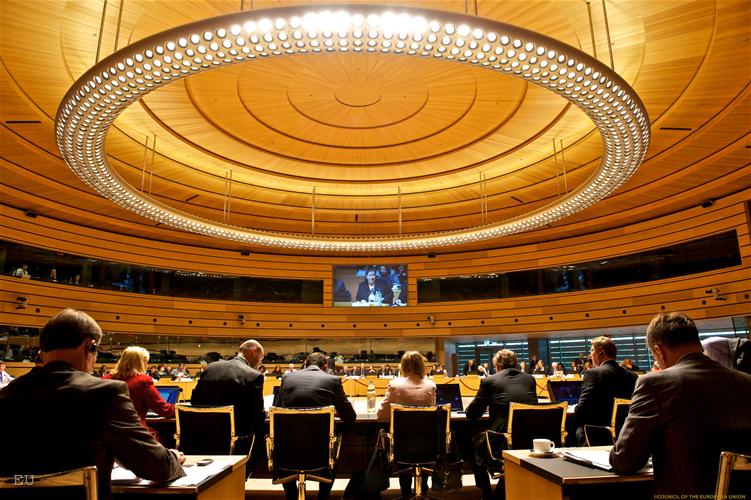 | © EU
| © EUEurope Is Looking for a Young Farmer
Only 14% of the farmers in the European Union are younger than 40 years of age and only 6% are younger than 35. This striking statistics is the reason why the European Commission has proposed in its draft regulation for reform of the Common Agricultural Policy (CAP) for the next programming peri ...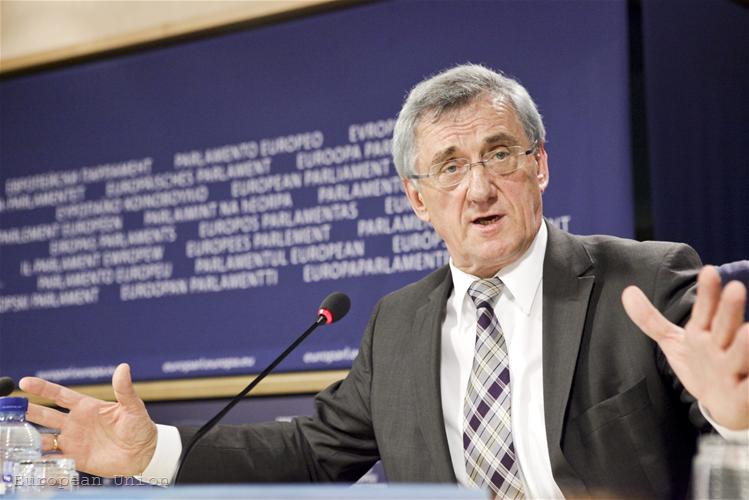 | © European Union
| © European UnionRealpolitik in European Agriculture
The agricultural policy is the first community policy, created yet with the Treaty of Rome that laid the foundations of the European Union. But the initial thinking behind this policy was to ensure food security against the backdrop of the hunger and destruction which World War II left all acros ...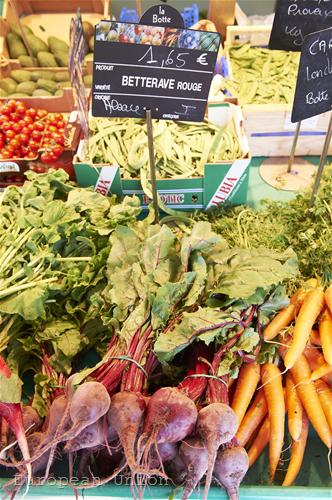 | © European Union
| © European UnionMost Europeans Want Farm Subsidies Beneficiaries to Be Made Public
The debate on the reform of the Common Agricultural Policy (CAP) of the European Union, maybe the most significant and biggest community policy, is going on precisely for a year now, since agriculture commissioner Dacian Ciolos presented his ideas for a reform. The culmination of the discussions ...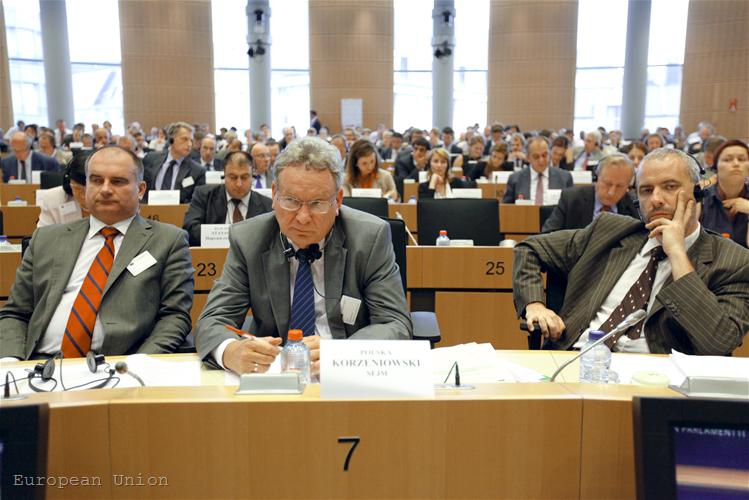 | © European Union
| © European UnionThe European Agriculture Policy - Now Where to?
Some time ago there was this anecdote that if the Asians knew that in Europe we useed the rice to garnish our meat, the world would end up in a serious crisis. As it happens - there are no jokes, everything is true. The question is, however, what will the EU do with the future of its, up to now, ...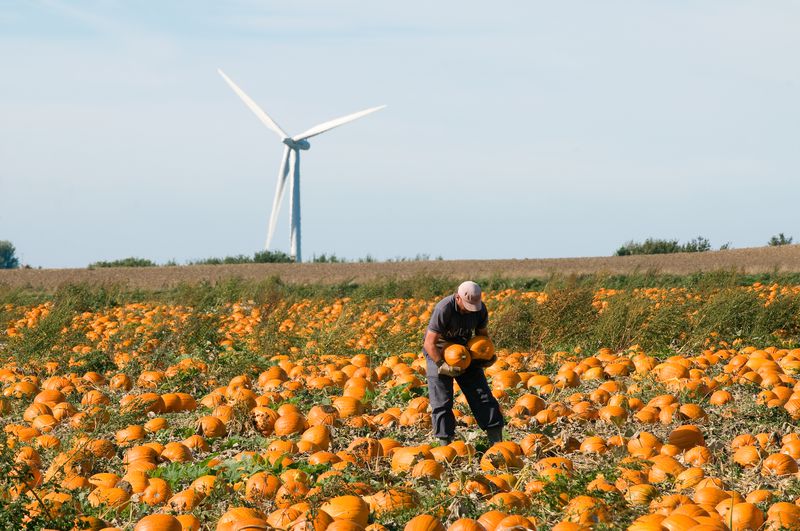 | © European Union
| © European UnionDirect payments for agriculture only for environment friendly farmers
The European Commission has chosen version two for the reform of the Common Agriculture Policy (CAP), which is oriented toward economic, ecological and social challenges for the EU, as well as to the contribution of agriculture for achieving the goals of the 10-year long economic strategy Europe ...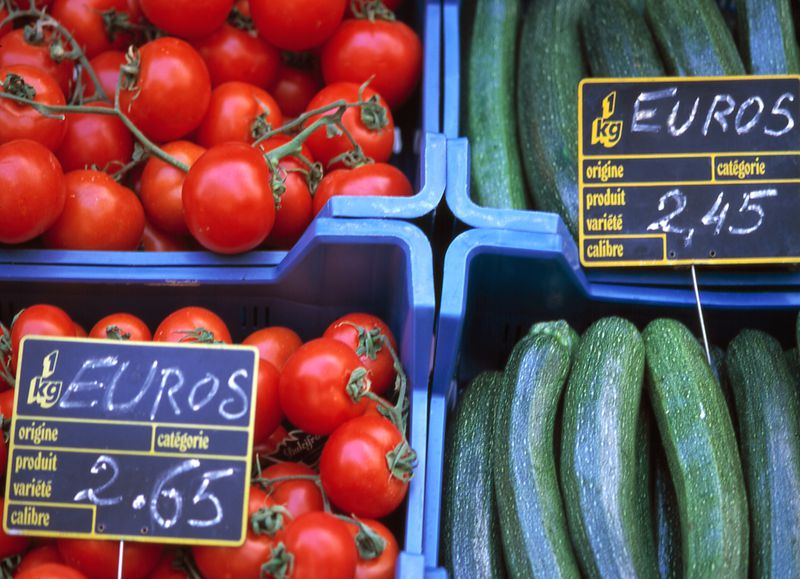 | © Audiovisual Service
| © Audiovisual ServiceAnother voice in defence of GMO and the big farmers
Rising prices of food and fuel. Inflation. Social unrest. Rapid growth of global population. Climate changes causing more disasters and directly hitting farm production. Growing wealth causing a rise in food demand etc. These are only a few of the major challenges ahead of mankind in the decades ... | © euinside
| © euinside"With the current policy, European farming cannot be competitive"
The most favourable for Bulgaria would be the second variant in the proposals for reform of the Common Agricultural Policy (CAP), as presented in the European Commission's Communication on November 18th. This is what Mariya Nedelcheva said in an interview for euinside - an MEP from the European ...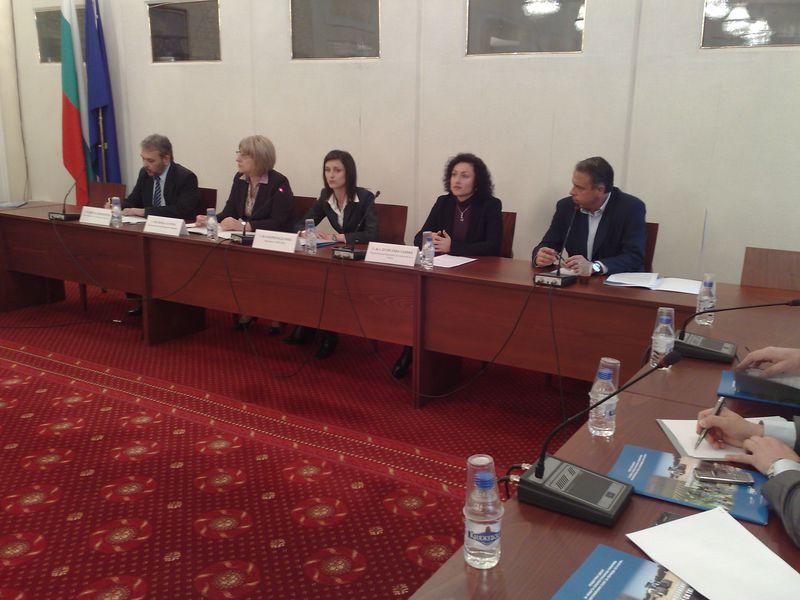 | © euinside
| © euinsideA good and a bad news
As the tradition prescribes, we will start with the good news. On January 31st a series of public discussions has been launched which will take place all over the country on the formulation of a single Bulgarian national position on the reform of the Common Agricultural Policy, based upon Europe ...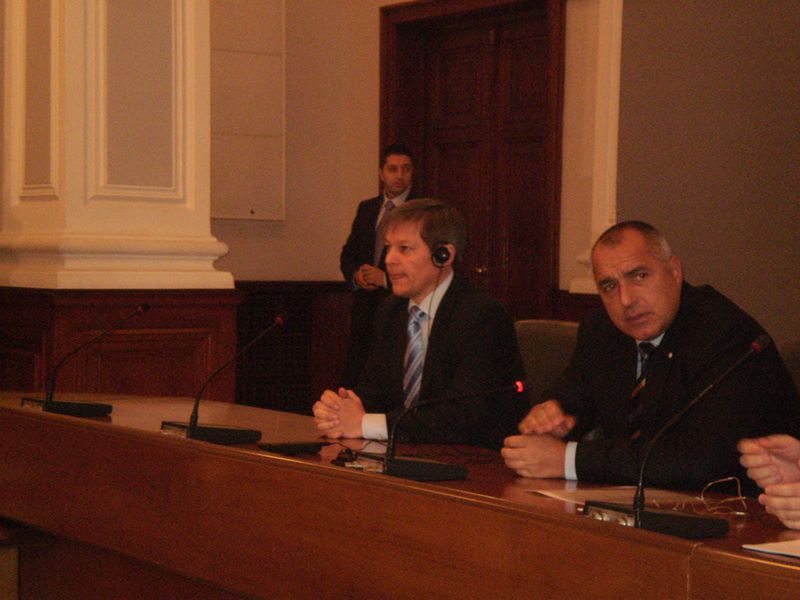 | © euinside
| © euinsideBulgaria does not want a serious reform of the common EU agriculture policy
There is nothing wrong in defending national interests, unless they are unambiguously stated. This is exactly the case with the Bulgarian position on the reform of the Common Agriculture Policy (CAP) of the EU, expressed by Minister for Agriculture and Foods Miroslav Naydenov on Friday after a m ...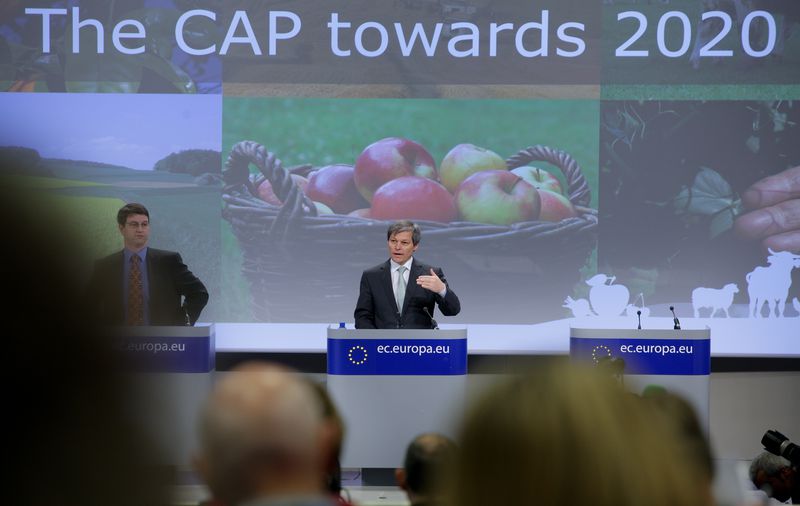 | © Audiovisual Service
| © Audiovisual ServiceThe Common Agriculture Policy is getting greener
On November 18 the European Commission has officially presented its Communication on the future of the Common Agriculture Policy (CAP), the final version of which varies from the leaked almost a month ago draft by putting a serious focus on environment, climate change and, for the first time, it ... | © Audiovisual Service
| © Audiovisual ServiceAll for farmers, but they - for themselves
Entirely in the spirit of his performance in the European Parliament in the beginning of the year, the EU Agriculture Commissioner Dacian Ciolos succeeds in demonstrating a strong will to balance two incompatible things - reforms and status quo. This can be clearly seen from the draft Communicat ...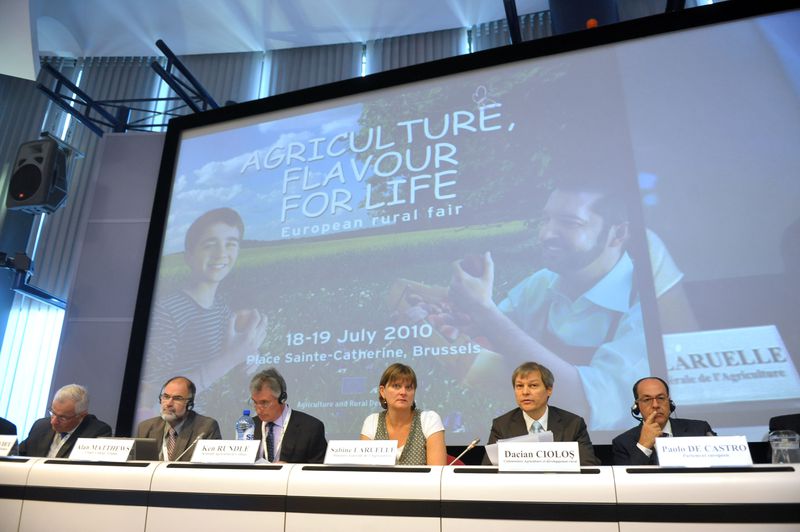 | © Audiovisual Service
| © Audiovisual ServiceCommon Agricutlural Policy should make young farmers a priority
Young people should be a main priority of the Common Agricultural Policy (CAP) after 2013 because statistical data show some worrying trends. This was one of the main messages of the conference on the future of the CAP after 2013 which was held in Brussels on July 19. The conference was attended ...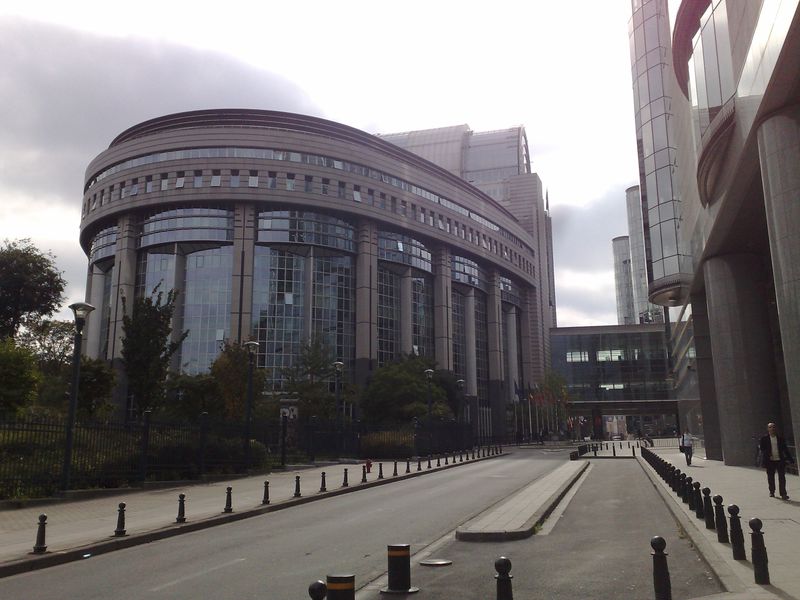 | © euinside
| © euinsideRestriction of intermediaries and appointment of an agricultural ombudsman
The European Parliament approved a resolution on July 8th on the future of the Common Agricultural Policy (CAP), based upon the report of the British member of the European Parliament George Lyon (ALDE). The main message in the resolution is that the CAP budget for the next financial period (201 ...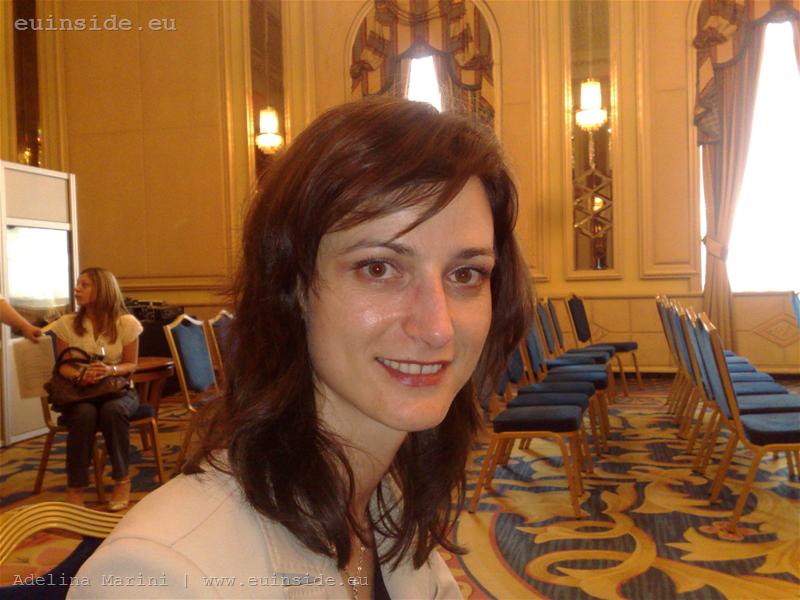 | © euinside
| © euinsideSpain and Portugal want postponement of the agricultural subsidies alignment
A serious battle is expected to start over the reform of the Common Agricultural Policy (CAP) of the European Union and, unlike previous debates, this time there is a change in the main players. The big "enemies" of the new Member States are now Spain and Portugal, says in an interview for euins ...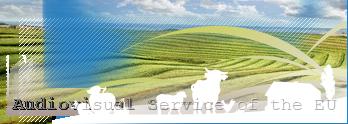 | © Audiovisual Service of the EU
| © Audiovisual Service of the EUUnanimity about the benefits of EU's agricultural policy
In the first days since the beginning of the debate on reforming the Common Agricultural Policy (CAP), the start of which was given on Monday by the European Commissioner for Agriculture Dacian Ciolos, it seems there is unanimity regarding the need of CAP. Most of the comments on the special web ...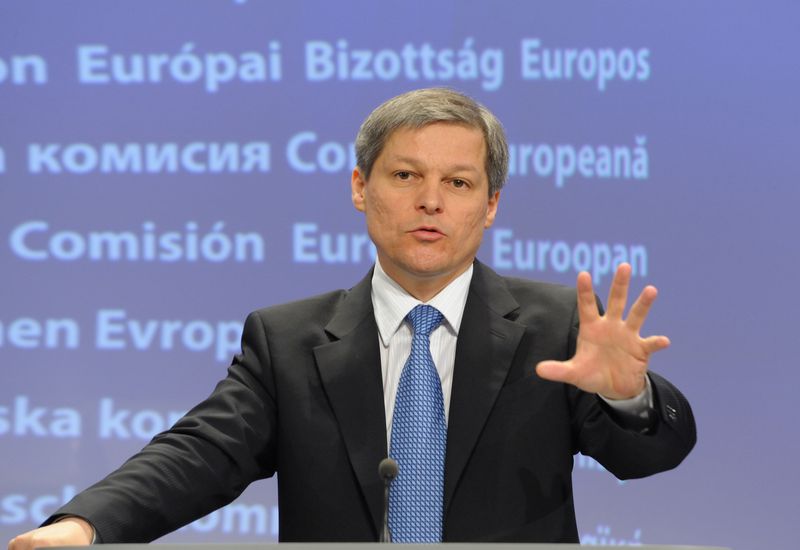 | © Audiovisual Service of the EU
| © Audiovisual Service of the EUThe European Commission announced the beginning of the CAP debates
The future of the Common Agriculture Policy (CAP) and its interaction with the economic strategy Europe 2020 will be in the centre of the debate, which was given an official start on Monday by the European Commissioner for Agriculture Dacian Ciolos. The aim of the debate is by mid-2010 various o ... | © Audiovisual Service of the European Union
| © Audiovisual Service of the European Union